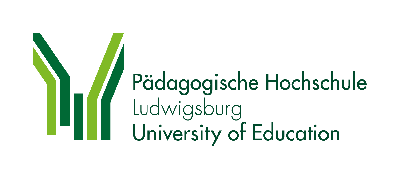
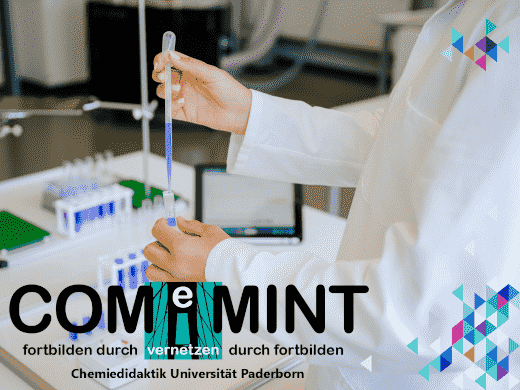

Promoting digitalisation-related skills in chemistry education - a course for teachers
Paderborn University, Ludwigsburg University of Education
ComNet Chemistry - Project ComeMINT-Netzwerk
About
General Course Information
Within this MOOC, you find an overview on recent topics of teacher education in chemistry, e.g. digital measurement of experimental data, education for sustainable development (ESD), contextualisation, artificial intelligence (AI) and escape games. These topics are presented in short units, including videos, tasks, exchange forums, Quizzes, etc. You can work through the units independent of time and place. While the units focus on different aspects of teacher education, you can also draw connections between the units.
This course is intended for teachers and future teachers/university students in chemistry and similar subjects. For any questions or suggestions, feel free to contact us.
More information on the project ComeMINT-Netzwerk can be found here.
Content
Course Content
This MOOC is structured in 6 units:
3. Education for sustainable development (ESD)
5. Artificial intelligence (AI)
Units can be completed independent of each other. However, at first a self-assessment can be conducted voluntarily. With the help of the self-assessment (unit 1), you can get some information which unit would be suitable the most for personal professional development. Processing time per unit is about approx. 30-45 min each.
Course Goals
People who graduated from this MOOC can...
Unit 2:
... explain potentials and advantages of the use of digital measurement for experimental data.
... explain didactic/pedagogical prerequisites and effects of the use of digital measurement for experimental data.
... plan lessons for students, in which digital measurement is used.
Unit 3:
... describe the concept of education for sustainable education (ESD) and apply this to chemistry education.
... plan lessons focussing on competences of ESD.
... evaluate which contexts/topics are suitable to focus on ESD competences.
Unit 4:
... describe effects of contextualisation in chemistry education on motivation and interest of the students.
... evaluate the suitability of contexts, based on characteristics of contexts and student interest.
... plan lessons by using contexts.
Unit 5:
... describe how large-language-models (LLM) work.
... evaluate the use of LLMs for planning lessons, especially for constructing real-life contexts.
... use LLMs to get support for lesson planning.
Unit 6:
... describe the EduEscape Games method and explain its potential in chemistry lessons.
... reflect on features for the didactically meaningful use of EduEscape Games in their own lessons.
... operate the online platform Genially in basic terms and use some functions to design and implement their own EduEscape Games.
Previous Knowledge
No special prior knowledge is needed for this MOOC.
Course Procedure
With the help of a self-assessment (unit 1), you can get some information on which unit would be suitable the most for personal professional development. Units can be worked on in any order.
Certificate
For actively participating in the course you will receive an automatic certificate which includes your name, the course name as well as the completed lessons. We want to point out that this certificate merely confirms that you answered at least 75% of the self-assessment questions correctly.
Funded by the European Union - NextGenerationEU and the Federal Ministry for Education and Research (grant-number: 01JA23M06K).
All views and opinions expressed are solely those of the authors and do
not necessarily reflect the views on the European Union or the Federal Ministry of Education and Research. Neither the European Union, nor the Federal
Ministry of Education and Research are responsible for those.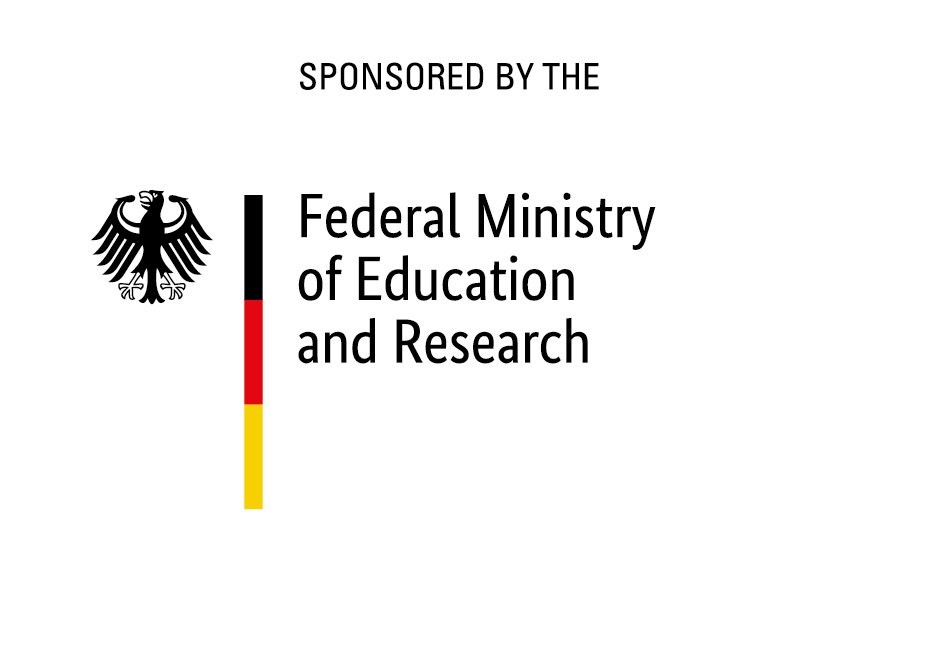

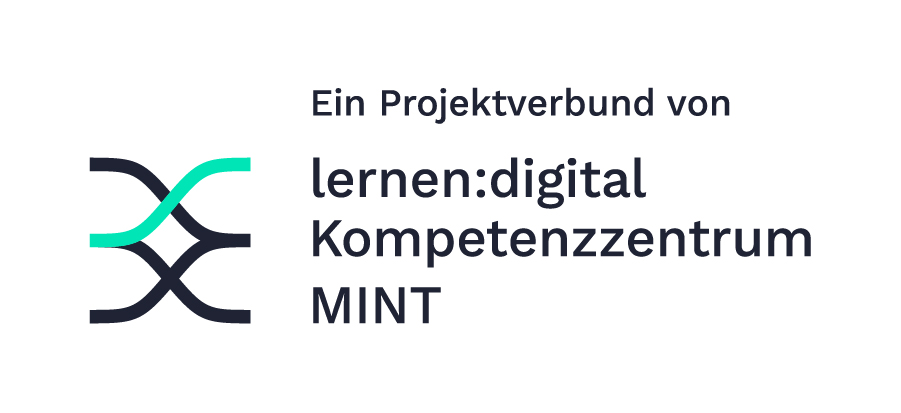
Course Instructor
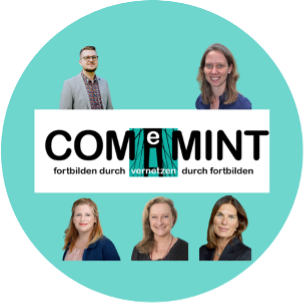
ComNet Chemistry - Project ComeMINT-Netzwerk
Within the project ComeMINT-Netzwerk "fortbilden durch vernetzen - vernetzen durch fortbilden" the chemistry education working group of Prof. Dr. Sabine Fechner in cooperation with the working group of Prof. Dr. Isabel Rubner at the Ludwigsburg University of Education, the working group of Prof. Dr. Claudia Bohrmann-Linde at the University of Wuppertal and the working group Prof. Dr. Katrin Sommer at the Ruhr University Bochum offers professional development programs (PDP). The focus of those programs is on digital measurement of experimental data, education for sustainable development (ESD), contextualisation and artificial intelligence (AI) and EduEscape Games. This MOOC can be used for preparation and further processing of the topics of the PDPs.
This course is led by:
Pascal Pollmeier
Research Associate
Sabine Fechner
Professor for Chemistry Education
Soraya Cornelius
Research Assistant
Karin Siepmann
Research Assistant
Isabel Rubner
Professor for Chemistry Education
Login & Enrol Currently: 72 Participants
Free for all € 0.00
Partners
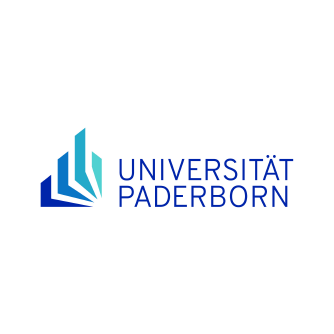
Paderborn University
